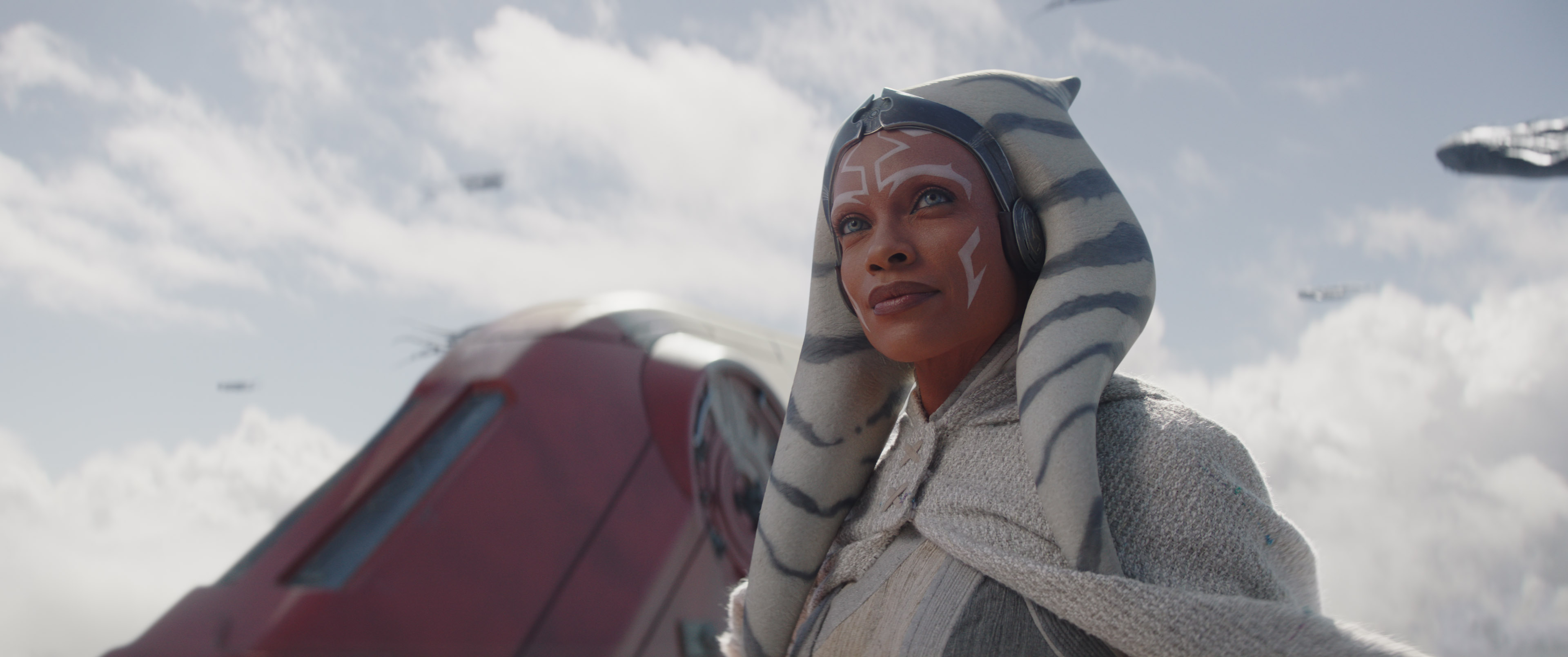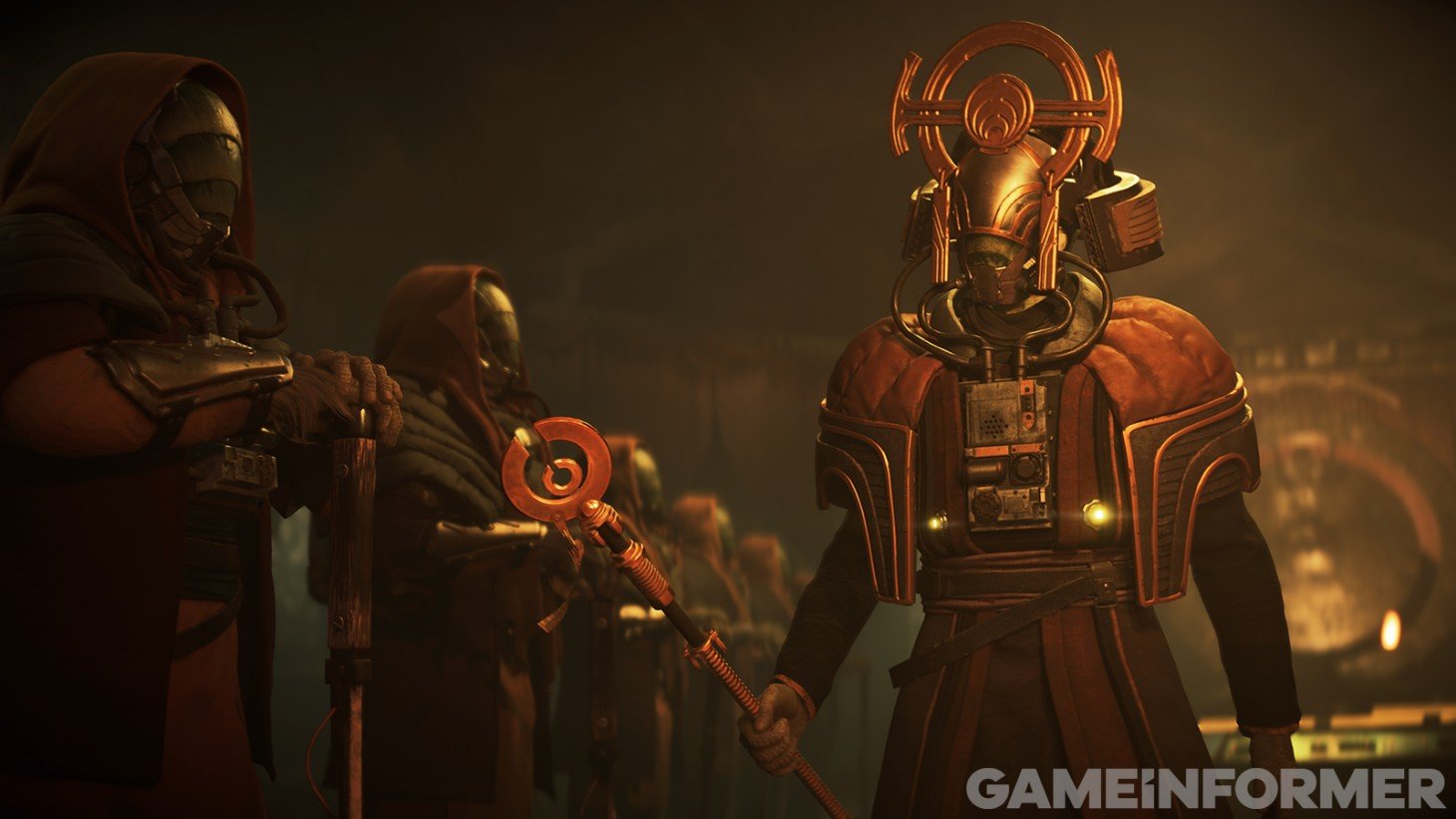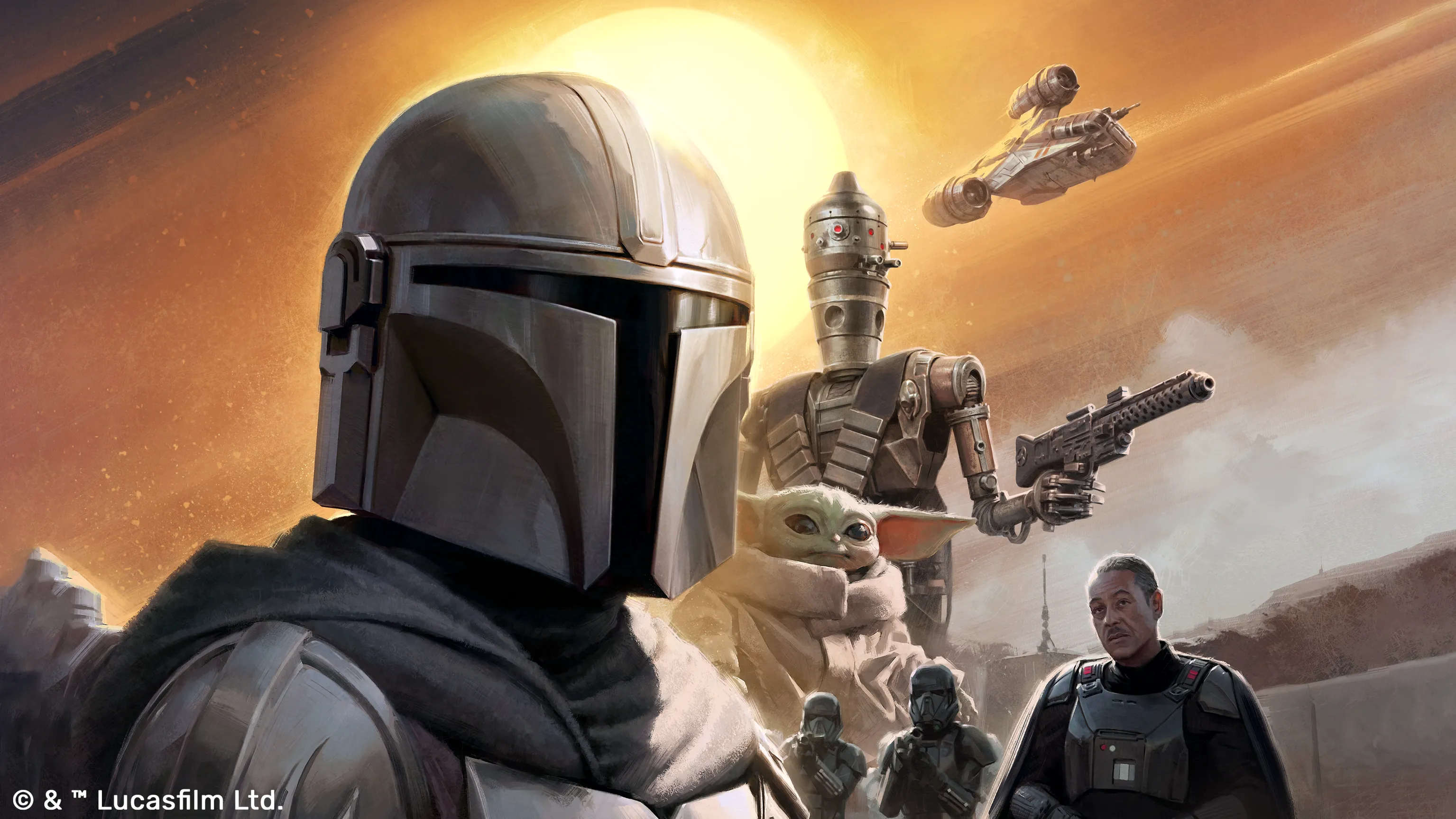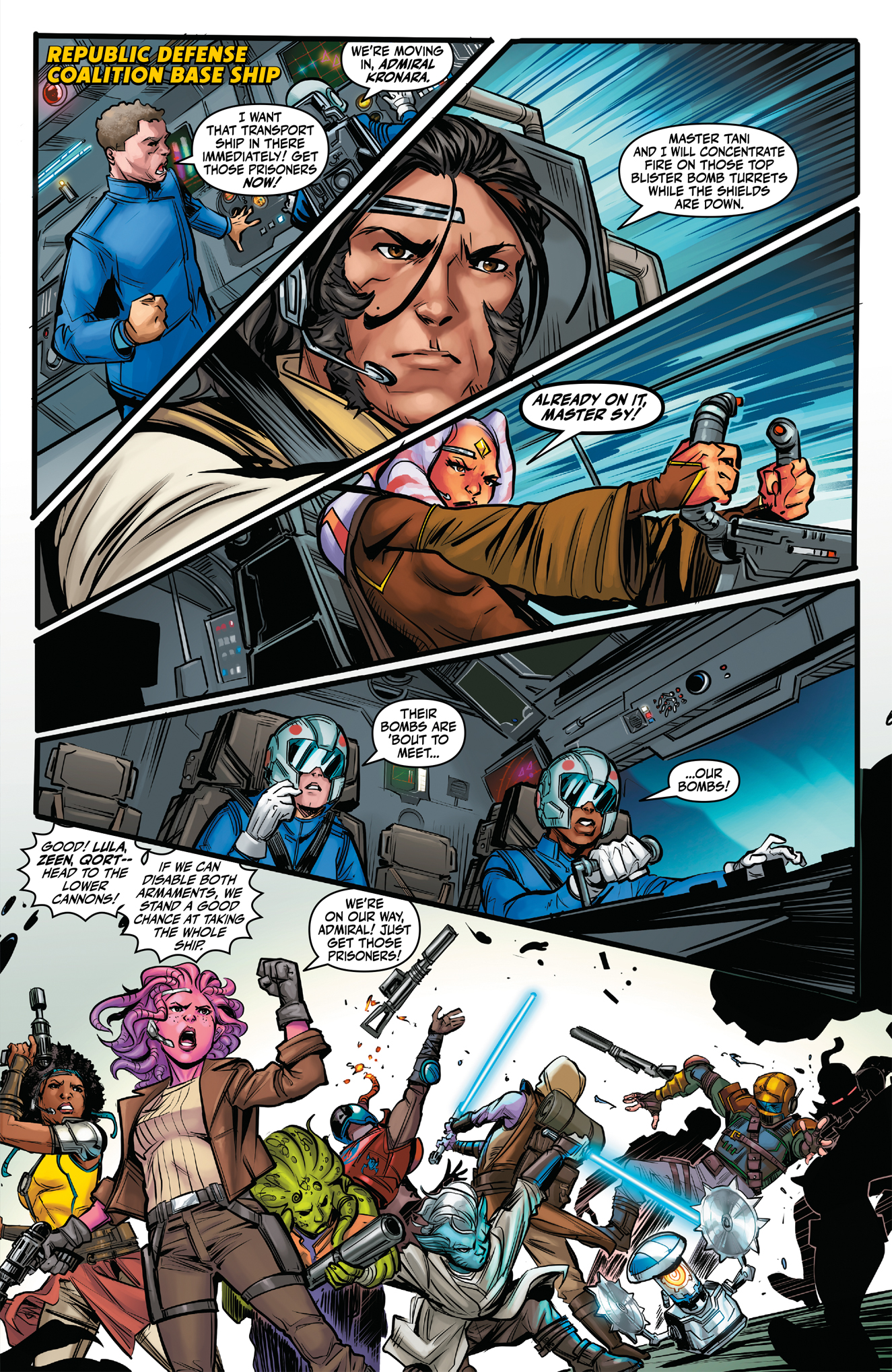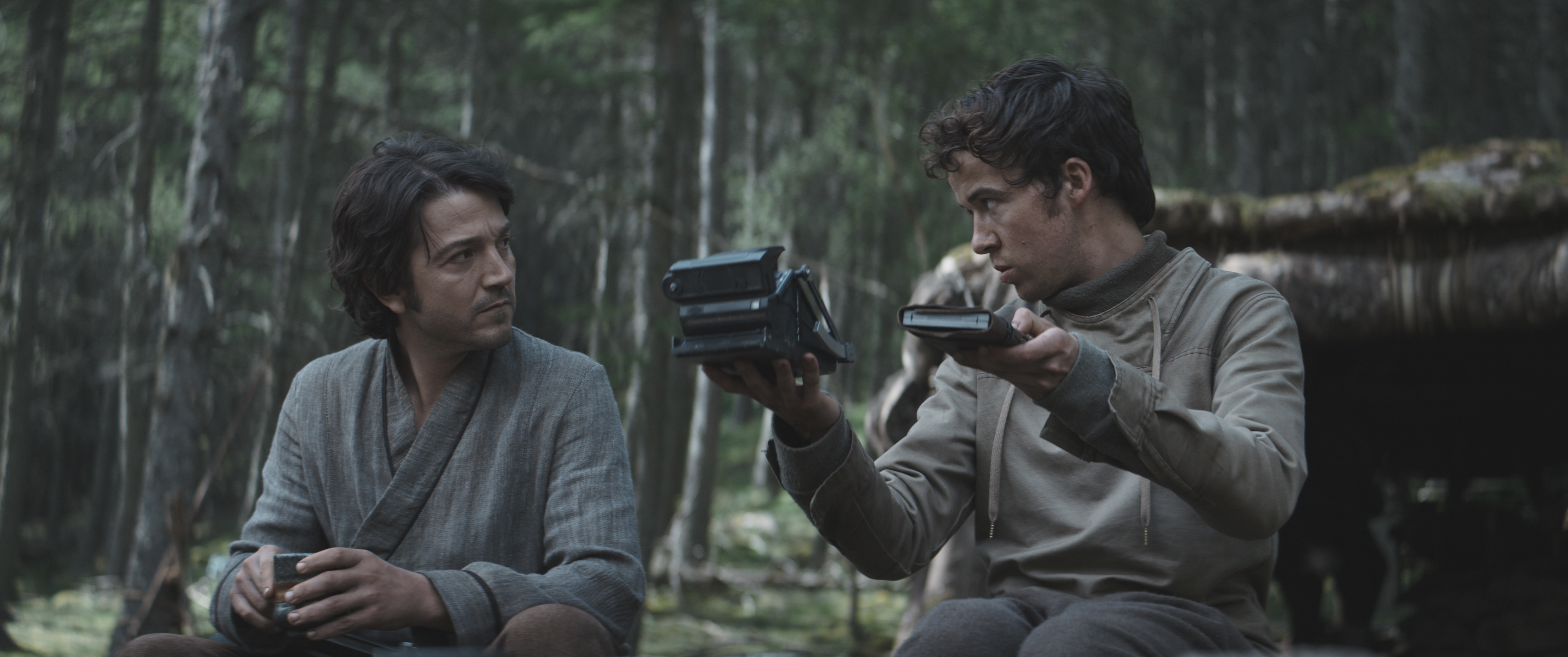Movie Review – ‘Fantastic Beasts: The Crimes of Grindelwald’
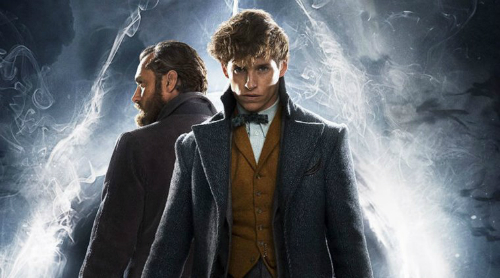
Newt Scamander has been banned from traveling internationally, but that doesn’t stop him from helping out his good friend – and former teacher – Albus Dumbledore. Unaware of the dangers that lie ahead, Newt agrees to help Dumbledore stop the villainous Grindelwald from creating an army of pure-blooded wizards who wish to rule over non-magical beings. Loyalty is then tested, as even the most loving friends and family members grow increasingly more divided.
Though Newt is the main character of the Fantastic Beasts franchise, this specific story isn’t about him. He moves the story forward in a compelling way, but his own characterization isn’t explored that much. We don’t learn much more about Newt than we did in his introductory film. He may have a tiny character arc, but Newt takes a back seat to the more interesting characters at play here. Eddie Redmayne’s interpretation of Newt has grown on me, but he does not give the best performance in this film. That honor goes to Jude Law.
Jude Law is phenomenal as Albus Dumbledore. I personally love Michael Gambon’s portrayal of the iconic wizard, and I even have respect for Richard Harris’ interpretation of the character, but Jude Law just kills it. His presence is just so warm, charming, and likable. Hardcore Potter fans have complained that the on-screen versions of Dumbledore have never quite captured the same enchanting spirit of his written counterpart, but I think those same fans will be satisfied with Law’s performance. Even with his limited screen time, I can honestly say that Jude Law does give my favorite portrayal of Dumbledore. He is absolutely great in this film, and I cannot wait to see more of him.
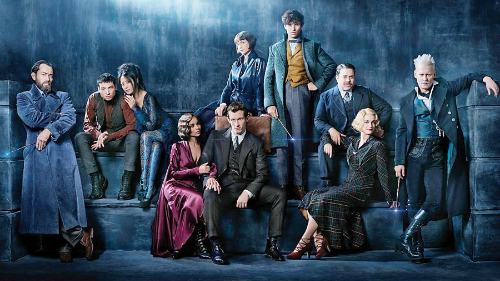
Zoë Kravitz joins our main cast of characters, along with Callum Turner, Claudia Kim, and William Nadylam. Though each of these actors do a solid job with their respective roles, I don’t think their characters were utilized as effectively as they could have been. For example, Kravitz is given an important role as Leta Lestrange, but her character never earns the emotional heft that this narrative is trying to force upon her. I barely know anything about Leta Lestrange, so her important character moments didn’t have the impact that the filmmakers clearly wanted to give her.
I feel similarly about Ezra Miller’s character, Credence. For whatever reason, Credence is the MacGuffin of the entire film. The whole narrative hinges upon his character development, and I’m not sure why. I wasn’t all that impressed with Credence’s character in Where to Find Them, so I was surprised to learn that he has a fundamentally integral part of The Crimes of Grindelwald as well. Ezra Miller is okay in the role, and I’m glad he no longer dons the silly haircut from the first film, but I don’t know if he is strong enough to carry an entire narrative. Especially as a character like Credence. Credence just isn’t fully fleshed out yet, so maybe I’ll feel differently once his character has grown some more.
I haven’t even talked about the characters of Tina and Queenie Goldstein, and Jacob Kowalsi. Which brings me to a major issue I have with the film: there are too many characters. There are so many different characters, and character arcs, and plot lines, and unraveled mysteries, that the film lacks focus. The script just tries to accomplish too much. Katherine Waterston, Dan Fogler, and Alison Sudol are all fine in the film, but they aren’t given the chance to stand out since they all just get lost in the overwhelmingly large narrative.
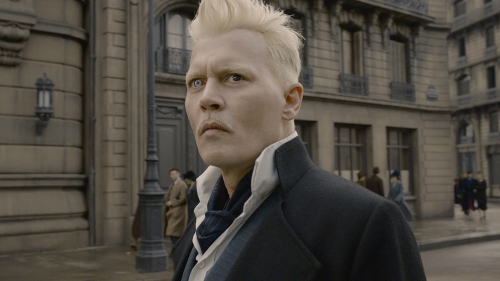
Fortunately, Johnny Depp does stand out as the nefarious Grindelwald. I didn’t like his initial reveal in Where to Find Them (mainly because I really enjoyed Collin Farrel’s performance as the villain) but Depp really gets the chance to shine here. Depp is known for portraying wacky, silly and cartoonish characters, but thankfully, Grindelwald is none of these things. He may not seem particularly menacing, but you can tell that he has power and that he has no intention on using that power for good. My only complaint is that I didn’t get to see Grindelwald commit more crimes. I wish I had a better sense of how powerful he actually is, but I understand that it makes more sense to save his true wicked nature for another time. At least we know Grindelwald is capable of doing what Michael Myers himself could not.
Grindelwald’s presence – and even his very motivation – felt like social commentary on the current state of world. A social figure used rhetoric that drew on people’s fear, insecurity, and sense of nationalist pride. Despite being a known criminal, his ideology appealed to many others’ emotions. He just had a good sense of pathos. And while I know this could be applied to any time period where a dictator began to rise to power, I couldn’t help but feel like Rowling wanted the audience to think about how Grindelwald relates to our world today.
Now, as someone who isn’t the biggest Harry Potter fan, I am a bit confused about the lore. The wizards in this film are just casually walking around in public, right? And making sure that “muggles” or “no-maj’s” never discover the wizarding world is important, right? So why is it that magic is being done so nonchalantly in the normal world? Why can normal people see certain magical events, but not others? Was this ever explained? Did I just miss the explanation? If Jacob Kowalski can know about the magic community, why can’t others? And if the majority of people can’t even see the magic around them, then why is Grindelwald’s plan to overthrow humanity such a big deal? These have always been questions of mine, but they seem more prevalent in the Fantastic Beasts movies.
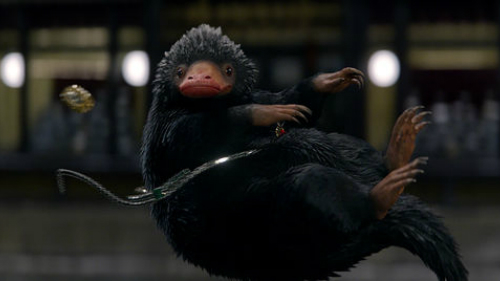
Speaking of which, the fantastical beasts in these movies really aren’t that memorable. There are only a handful that I can recall by memory. I really only remember the Erumpent (the rhino-looking one) from the first film. I can’t recount if the Bowtruckles (the small plant looking ones) were in the first film or not. The only one I remember from the new movie is the Zouwu (or the one that looks like a Chinese dragon). I’m not sure why so many magical creatures have to be involved with the crimes that Grindelwald committed. If that only fantastical beast that audiences remember and actually care for is the Niffler (the platypus looking one) then maybe the focus shouldn’t be on mystical creatures.
Do fans even come for the new creature designs? Or do they come for the Harry Potter Easter eggs? Because The Crimes of Grindelwald is filled with plenty of Harry Potter references. There are more than a dozen allusions that I was able to catch and I’m sure there are dozens more that went way over my head. And while us laymen may not understand each and every reference, at least they don’t interfere with the story being told. The Easter eggs are (mostly) subtle enough as to not distract from the overall narrative. If anything, the references do make this world feel a bit more fleshed out. They give Harry Potter and Fantastic Beasts some connective tissue.
While it’s pretty clear that I have mixed feeling about The Crimes of Grindelwald in general, I must admit that I was completely captivated by the film’s finale. The last 20 minutes or so are simply sensational. Not only is the spectacle fun to watch, but the most amount of character growth happens here. Love, friendship, and loyalty are all test in the film’s final few moments. Some very hard character decisions were made in the climax, and certain reveals are bound to have fans speculating for years to come. It’s just a shame that a fantastic ending was preceded by a pretty boring exposition dump.
I think it may be time for a change in directors. David Yates has been in the directing chair for years now. He’s helmed the last six installments in this franchise, going all the way back to 2007’s Order of the Phoenix. While it’s clear that Yates has a solid grasp on this universe, the tone of these films are starting to feel too similar. Chris Columbus did a good job directing The Philosopher’s Stone and The Chamber of Secrets, but it was clear that the next films in the franchise needed a new take. And the franchise as whole benefited because of this change. If Fantastic Beasts is going to survive, a little change of pace may help rejuvenate this new series. Because as it stands, Fantastic Beasts: The Crimes of Grindelwald is an okay film, but it had the potential to be a great one.



